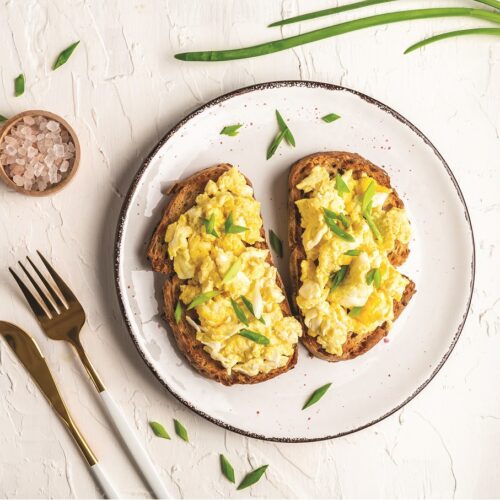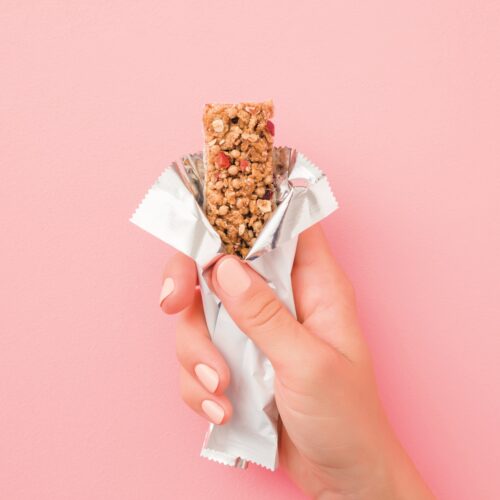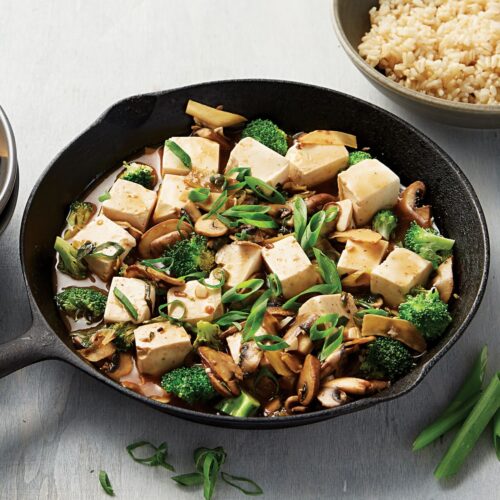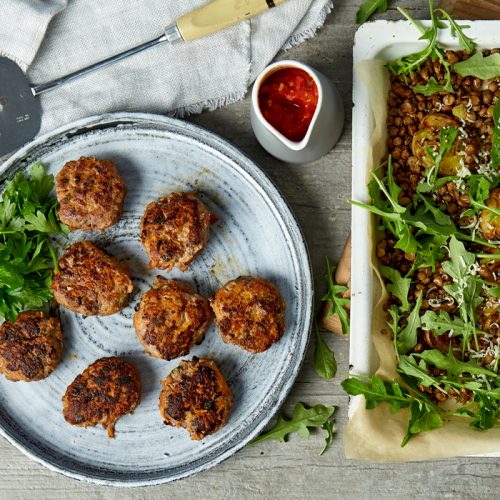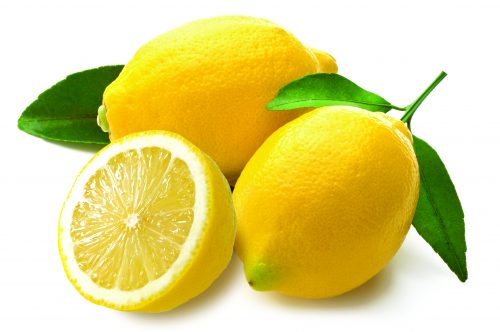
A lemon is the most useful of all fruits. Its peel, flesh and juice lend themselves to both savoury and sweet dishes.
Their ability to add freshness, acidity and balance to recipes means they are indispensable to every cook. Most Kiwi backyards, particularly in the North Island will boast a lemon tree. Meyer, Yen Ben, Villa Franca, Lemonade and Genoa are popular varieties.
Buying
Choose firm fruit that seem heavy for their size. Avoid fruit with rust, blemishes and soft spots.
Storing
Store at room temperature for up to 4 days or they can be refrigerated in your crisper for up to 2 weeks.
Nutrition
Lemons are an excellent source of vitamin C, which boosts immunity and improves iron absorption.
Using
A lemon in the kitchen can be a life-saver: use to add sharpness and balance to salty and sweet flavours, enjoy a slice of lemon with your cuppa or try a restorative hot lemon and honey drink in winter.
- To preserve lemons, quarter the washed fruit keeping each segment attached at the stem end. Sprinkle one tablespoon of coarse sea salt into the centre of each. Pack lemons tightly into preserving jars, top each jar with more lemon juice and seal. Store in a cool dark pantry for three to four weeks before using. Remove flesh and chop or slice the rind into strips. Add to tagines, salads, poultry and seafood dishes.
- Place halved lemons into a chicken cavity before roasting; add extra to the roasting pan with potatoes and garlic cloves. Drizzle with olive oil and season well before roasting.
- Segment lemon as for oranges, taking care to remove all the membrane, toss through a leafy salad to serve with rich meats.
- Mix finely chopped lemon zest, garlic and flat leaf parsley to make gremolata for adding to casseroles or to use as a topping (try Grilled salmon with gremolata crumbs).
- Fresh lemon zest added to plain yoghurt is great alternative to whipped cream for desserts.
Did you know? Lemon juice stops cut fruit such as avocados, pears and apples from going brown.
www.healthyfood.com



